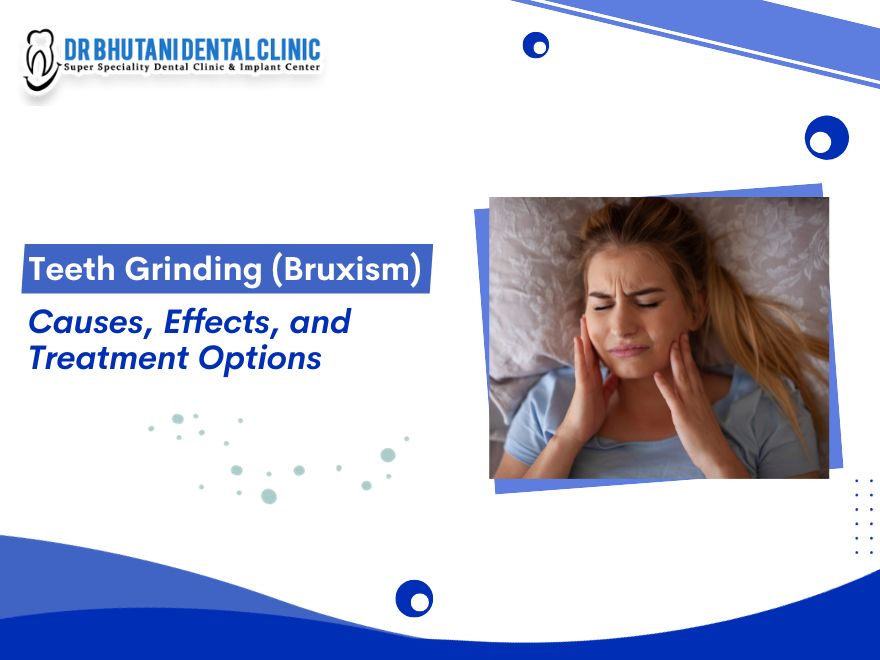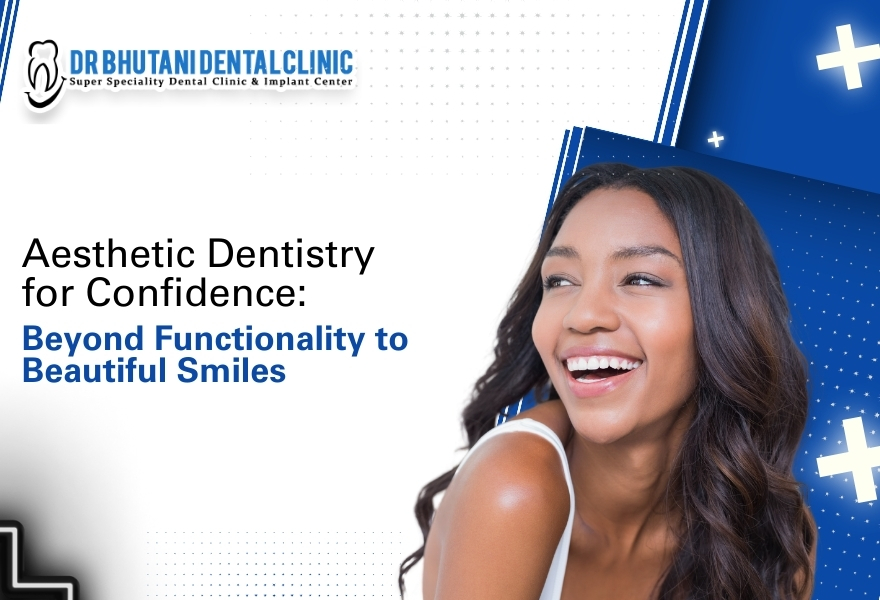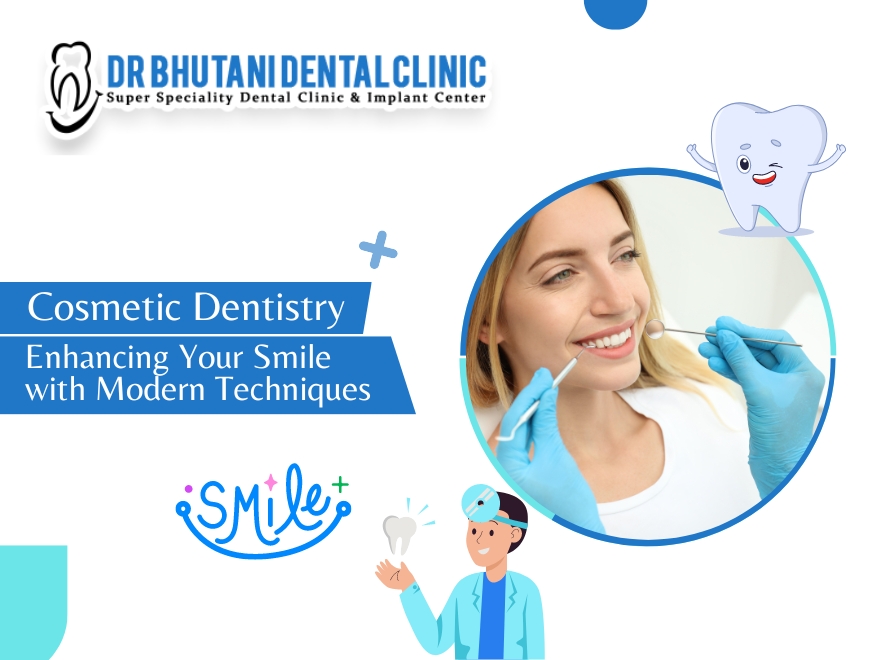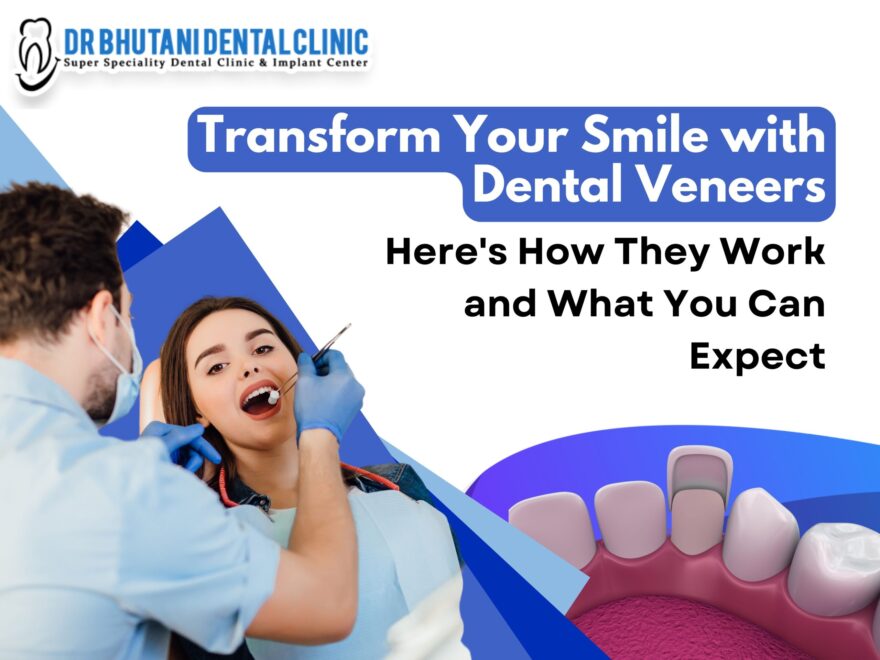In the realm of modern dentistry, the emphasis has shifted from…

Teeth Grinding (Bruxism): Causes, Effects, and Treatment Options
Teeth grinding, medically known as bruxism, is a common dental condition that affects people of all ages. It involves clenching or grinding your teeth, often unconsciously, which can lead to a variety of oral health issues. In this article, we will delve into the origins, consequences, and potential remedies for bruxism.
Causes of Bruxism
Understanding the underlying causes of bruxism is essential for effective treatment. While the exact cause can vary from person to person, several factors may contribute to this condition:
Stress and Anxiety: High levels of stress or anxiety are among the most common triggers for bruxism. Many people grind their teeth during sleep as a response to stressors in their daily lives.
Misaligned Teeth or Bite: An abnormal bite or misaligned teeth can lead to bruxism. When your teeth don’t fit together correctly, your body may grind them to try to find a more comfortable position.
Sleep Disorders: Teeth grinding can be linked to specific sleep-related conditions, including sleep apnea. In some cases, treating the sleep disorder can alleviate bruxism.
Lifestyle Factors: Habits like smoking, excessive alcohol consumption, and recreational drug use can contribute to teeth grinding. Reducing or eliminating these habits can help.
Medications: Some medications, particularly those used to treat depression and anxiety, can have bruxism as a side effect. If you suspect your medication is causing teeth grinding, consult your healthcare provider.
Effects of Bruxism
Ignoring bruxism can lead to various oral health problems and discomfort:
Tooth Damage: The constant grinding can wear down tooth enamel, leading to tooth sensitivity, fractures, and even tooth loss.
Jaw Pain: Bruxism often results in jaw pain and discomfort, known as temporomandibular joint disorder (TMJ). This can cause headaches and difficulty eating.
Headaches and Earaches: Teeth grinding can cause frequent headaches and earaches, impacting your overall quality of life.
Sleep Disturbances: Bruxism can disrupt your sleep patterns, affecting both you and your sleep partner. This can lead to daytime fatigue and irritability.
Treatment Options for Bruxism
Fortunately, there are several treatment options available to manage and alleviate bruxism:
Custom Nightguards: A custom-fitted nightguard, often prescribed by a dentist like Dr Bhutani – best dentist in Delhi NCR, can provide a protective barrier between your upper and lower teeth, preventing further enamel erosion and reducing the impact of grinding.
Stress Management: Learning stress-reduction techniques, such as meditation, deep breathing exercises, or yoga, can help reduce teeth grinding caused by stress and anxiety.
Orthodontic Treatment: If misaligned teeth or bite issues are contributing to your bruxism, orthodontic treatment may be recommended to correct the alignment.
Behavioral Therapy: Cognitive-behavioral therapy (CBT) can be beneficial for those whose bruxism is linked to stress or anxiety. CBT techniques can help manage these triggers effectively.
Medication Adjustments: If a medication is suspected to be causing bruxism, consult with your healthcare provider to explore alternative medications with fewer side effects.
Lifestyle Changes: Reducing or eliminating lifestyle factors like smoking, alcohol, or recreational drug use can significantly reduce the severity of bruxism.
Conclusion
Bruxism is a common dental condition that can have serious consequences for your oral health and overall well-being. Identifying the causes and seeking appropriate treatment is crucial to prevent further damage. If you suspect you are grinding your teeth, consult with a dentist or healthcare provider to explore treatment options tailored to your specific needs. With the right approach, you can protect your teeth, alleviate discomfort, and improve your quality of life. Don’t let bruxism go untreated; take proactive steps to address this common dental concern.
Checkout Our Other Treatments:




 FSC India.
FSC India.